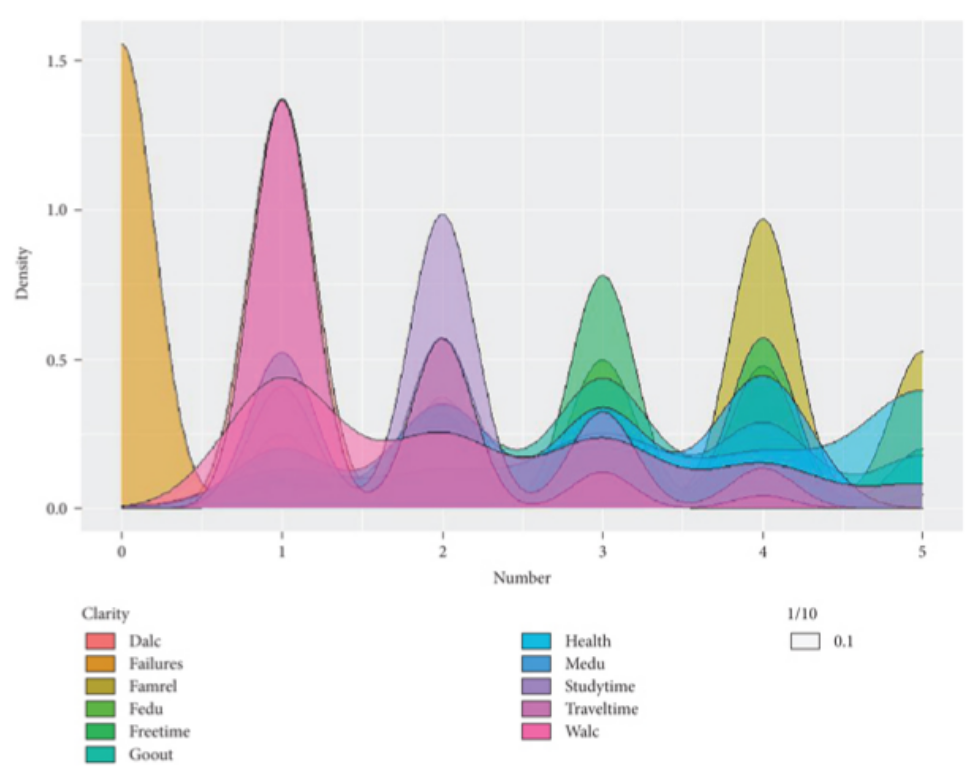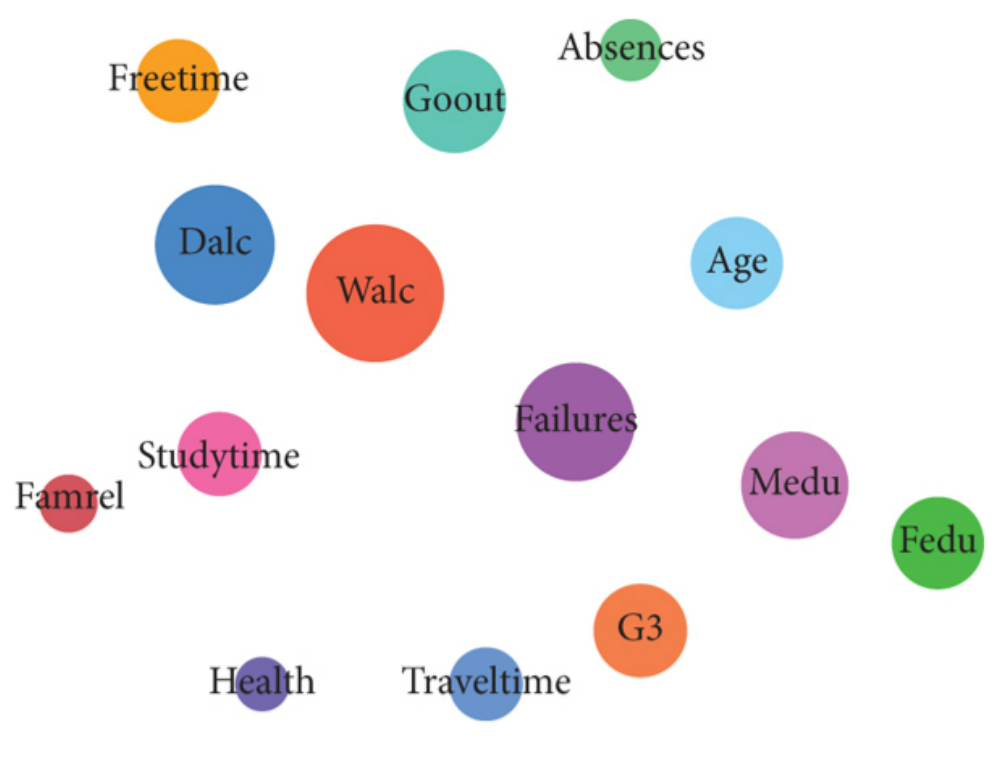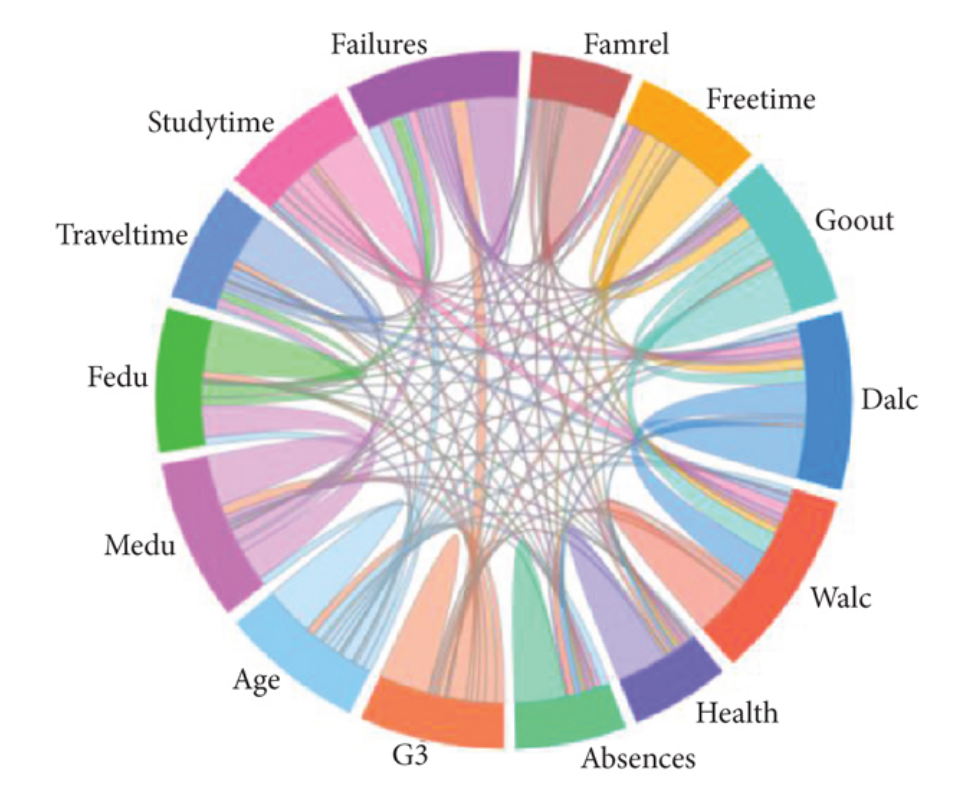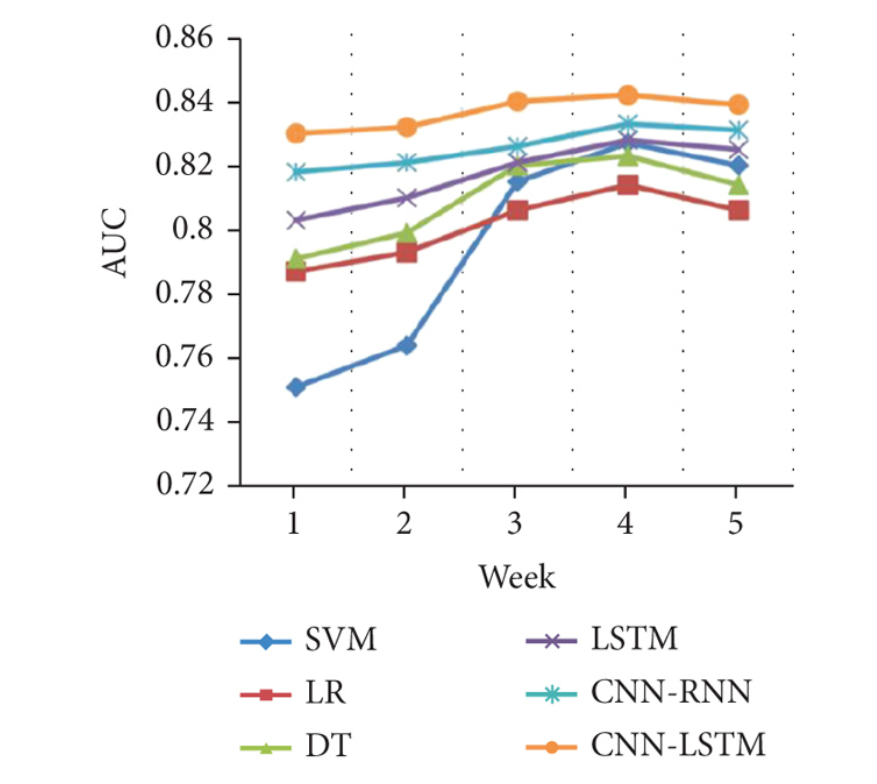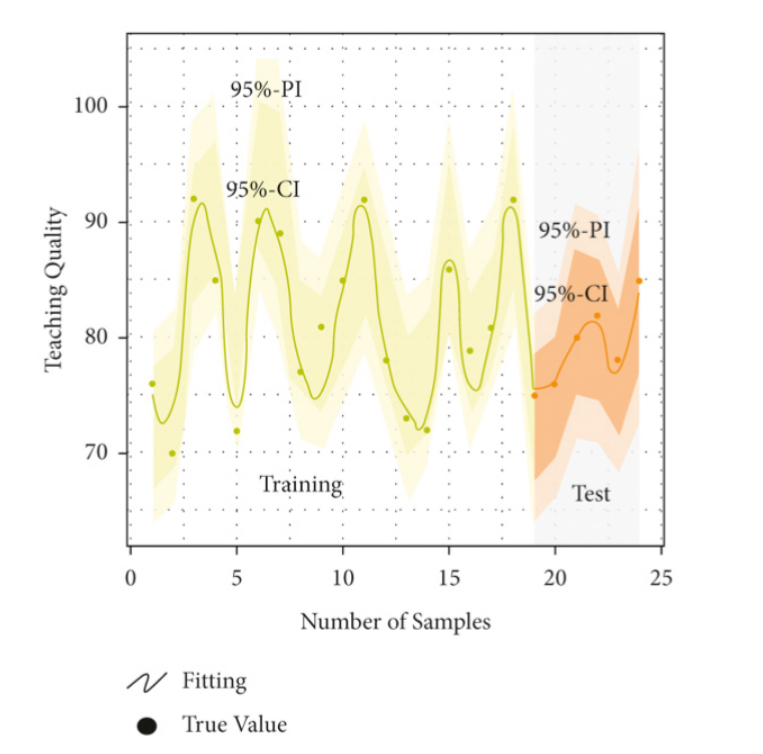 An open access journal
An open access journal
Problem-based Learning (PBL) in Medical Education: Developing Clinical Reasoning
Abstract
Problem-based Learning (PBL) has become a prominent approach in medical education for developing clinical reasoning skills among future healthcare professionals. This paper explores the significance of PBL in medical education, emphasizing its role in fostering active learning, critical thinking, and problem-solving abilities. It delves into the principles and methodologies of PBL, including case-based scenarios, collaborative learning, and self-directed inquiry. The discussion includes the benefits of PBL in medical education, such as improved clinical reasoning, enhanced diagnostic skills, and better communication among healthcare teams. Moreover, the paper addresses the challenges and considerations in implementing PBL in medical curricula, including faculty training, assessment strategies, and the need for structured guidance. Through a review of empirical studies and case examples, the study highlights the positive outcomes associated with effective PBL implementation, including higher clinical competency, increased patient safety, and improved healthcare delivery. The conclusion offers recommendations for medical educators and institutions interested in integrating PBL into their programs, emphasizing the importance of a patient-centered approach, interdisciplinary collaboration, and ongoing assessment to ensure the success of PBL in medical education.
Share and Cite
Article Metrics
References
- Barrows, H. S., & Tamblyn, R. M. (1980). Problem-Based Learning: An Approach to Medical Education. Springer Publishing Company.
- Dolmans, D. H., & Schmidt, H. G. (1996). What directs self-directed learning in a problem-based curriculum?. Advances in Health Sciences Education, 1(1), 69-80.
- Hmelo-Silver, C. E. (2004). Problem-based learning: What and how do students learn?. Educational Psychology Review, 16(3), 235-266.
- Khan, S. I. (2003). Impact of problem-based learning in a large classroom setting: Student perception and problem-solving skills. Advances in Physiology Education, 27(4), 204-214.
- Neville, A. J. (2009). Problem-based learning and medical education forty years on. A review of its effects on knowledge and clinical performance. Medical Principles and Practice, 18(1), 1-9.
- Norman, G. R., & Schmidt, H. G. (1992). The psychological basis of problem-based learning: A review of the evidence. Academic Medicine, 67(9), 557-565.
- Schmidt, H. G., & Moust, J. H. (2000). Factors affecting small-group tutorial learning: A review of research. Innovation in Education and Training International, 37(3), 216-227.
- Schmidt, H. G., Rotgans, J. I., & Yew, E. H. (2011). The process of problem-based learning: What works and why. Medical Education, 45(8), 792-806.

